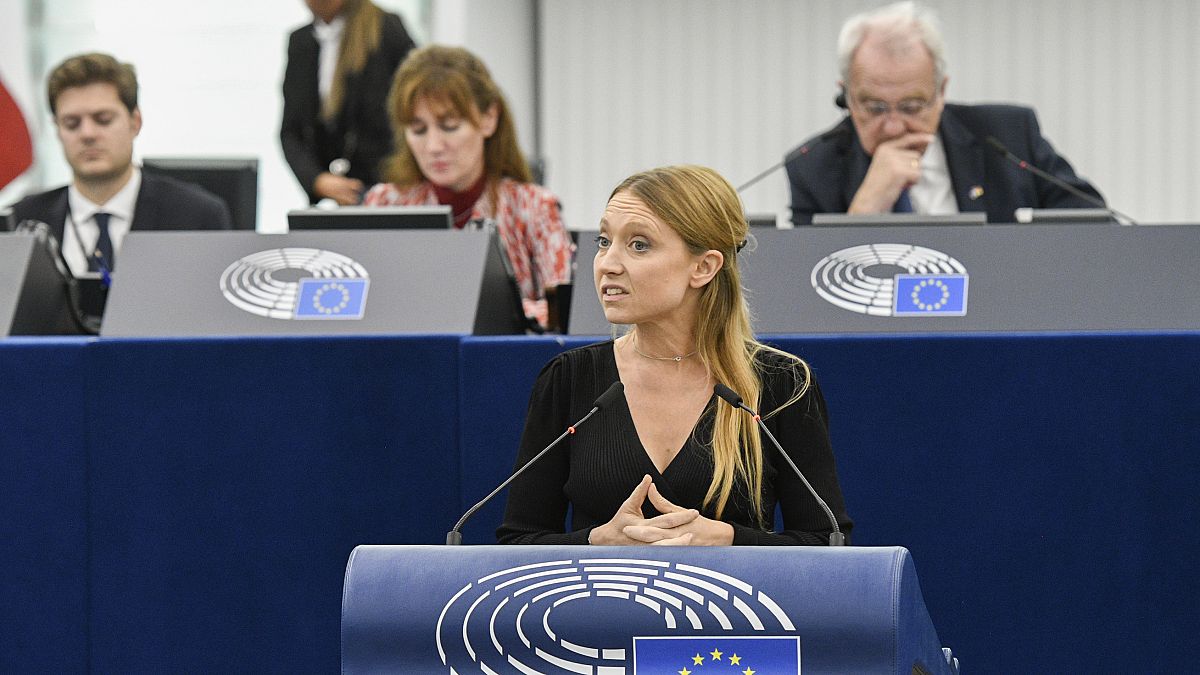The European Parliament’s Economic and Monetary Affairs Committee, ECON, is shifting its focus towards industrial policy in order to support economic growth and build European strategic autonomy. Committee chair Aurore Lalucq emphasizes the need for the EU to see itself as an economic power and not just a single market. With concerns about competition from the US and China, Lalucq hopes to engage in debates to address issues such as state subsidies, corporate mergers, and competition policy.
The new committee leadership, including Lalucq and German lawmaker Damian Boeselager, aims to ensure that competition and state aid rules are not undermined. Boeselager emphasizes the importance of staying true to defending EU laws and preventing distortions caused by excessive subsidies and mergers. The upcoming term will also involve discussions on building up the bloc’s capital markets to facilitate investment and provide finance for economic growth.
Lalucq’s vision for European independence extends to financial services, with a focus on better relations with the UK post-Brexit. While she hopes for improved relations with the UK under Keir Starmer’s administration, Lalucq advocates for the repatriation of clearinghouses onto European soil. This reflects a broader strategy of building European autonomy and reducing dependence on financial infrastructure based in London.
The European Parliament’s focus on industrial policy and economic support comes at a critical time, as the EU faces challenges posed by protectionist policies in major economies like the US and China. Lalucq aims to position the EU as a strong economic player with a focus on strategic autonomy. This shift in focus towards industry is seen as a necessary next step following the regulatory emphasis of the Green Deal, and it will involve addressing issues related to state subsidies, competition policy, and corporate mergers.
The upcoming discussions within the Economic and Monetary Affairs Committee will also touch on broader issues related to EU laws, competition policy, and state aid. While some members advocate for more flexibility on subsidies to support European champions, there is opposition to excessive state support that could distort competition. The committee’s mandate will involve balancing these competing interests while ensuring that EU laws and regulations are upheld.
Overall, the new focus on industrial policy within the European Parliament’s Economic and Monetary Affairs Committee represents a shift towards economic growth, strategic autonomy, and supporting European industries. As the EU faces increased competition and challenges on the global stage, lawmakers like Lalucq and Boeselager aim to strike a balance between supporting industry and upholding EU laws and regulations. The upcoming term will involve debates and discussions on a range of issues, from competition policy to financial services, as the EU works to position itself as a strong economic power in the face of external pressures.










